
OR
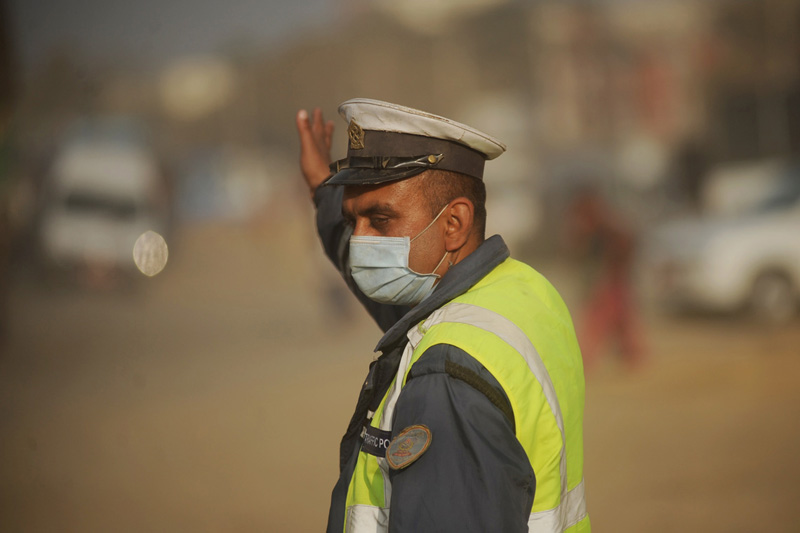
More from Author
If the government does not work with a sense of urgency, soon all of us will have to leave the valley, if not the planet
What does it mean to be human? It is a question that has boggled human minds for ages. People have tried to provide explanations to the age-old question through art, religion, music, and literature since the dawn of Homo sapiens. Now, in the 21st century, video games are at it. Nier:Automata is one such game trying to explore the meaning as well as consequence of being human. The game is set in the future where invading alien machines have forced humans to flee the planet. Even though it is a fascinating game, perhaps aliens will not be the ones forcing humans out of this planet.
In the game, Pascal, a mechanical being who resembles humans, is the leader of a village full of machines. The humans, before escaping the Earth, have left two android warriors, 2B and 9S, to destroy mechanical monsters that exist in large numbers. So there are two mechanical societies trying to find a reason ‘to be’. The androids are to go to war with the mechanical beings, but in a twist of events, the androids end up joining hands with Pascal and machine villagers to fight the more aggressive machines.
The more interesting aspect of the game is that if a player chooses to erase his memories, Pascal makes a final appearance standing alone as it is the last living machine on the blue planet. It has forgotten how to laugh, fear, or grieve and, mind you, it is not because the Earth has become a desolate place without humans. Humans in fact have brought a fair share of destruction to Earth due to their seven deadly vices: lust, gluttony, greed, sloth, wrath, envy, and pride.
Before Nier:Automata came into existence, Hollywood blockbuster movie, The Matrix, tried to provide answers to the age-old question. The movie presents a dystopian vision of the future in which intelligent machines have enslaved humans to use them to extract energy. One particular scene is quiet shocking where Agent Smith (a machine) reveals a startling view on humans.
Smith believes human beings are not mammals as every mammal on this planet instinctively develops a natural equilibrium with its surrounding environment. Humans, on the other hand, do just the opposite. They move to an area and rapidly multiply until every natural resource is consumed or destroyed. And, humans have to spread to another area to survive. There is another organism on this planet that follows the same pattern: the virus.
Industrial damage
Along the same lines, Sir David Attenborough, the renowned environmental scientist who views Earth as a living organism, believes the planet is infected by a virus called Homo sapiens. We somewhat agree with him because humans are on the verge of destroying ecosystems, killing thousands of species, and destabilizing climates. According to Attenborough, humans infected Earth long time ago. But it was not until the 18th century that things started to get out of hands. The industrial revolution made the damage irreversible.
In the past 100 years, the world has seen many more wars including the two world wars that have taken millions of lives and displaced many more. Now, the man-made climate crisis is threatening our very existence. The threat is so big that physicist Stephen Hawking thinks humans have only 100 years left before the doomsday. He suggests humans move to other planets as quickly as possible. Just last year, he had predicted humans have 1,000 years on Earth.
We feel there is a reason to worry because Hawking must have seen something pretty disturbing to drastically cut our time on Earth. We guess it has something to do with the new US President because he has already made many climate related mistakes. Also, recently, six prominent scientists and diplomats, including a former UN climate chief, Christiana Figueres, wrote in an open letter that the world has three years to fix climate change or face grave consequences.
What if we were to ask Stephen Hawking about Homo sapiens of Kathmandu valley? It would be interesting to hear his answers because the valley is the seventh worst-polluted city in the world. According to the World Health Organization, people living in Kathmandu are breathing air filled with poisonous particles that can damage healthy lungs, causing many deaths every year.
We feel as if the inhabitants of the valley are not living like true mammals. Our water and air have been poisoned to the max. It is unfortunate that we have not been able to do much to solve this ecological tragedy even though many countries are already taking drastic measures. For example, New Zealand recently became the first country to grant rivers the same legal rights as human beings.
Rivers of hope
Whanganui River now has the legal status of a person and if anyone abuses or harms the river it would be considered as harming humans. It is about time Nepal did the same for our rivers, so that anyone polluting or harming them can be jailed for good. We believe actress Manisha Koirala, the goodwill ambassador of the Bagmati clean-up mega campaign, is in a position to take up the issue from the grassroots to the corridors of power.
On the brighter side, Nepal does have environment related Acts and Regulations. Section 17 of the Environment Protection Rules 2054 (1997) of Nepal states that “Complaints may be lodged in case anyone causes pollution or emits waste: In cases where any individual, institution or industry does not control pollution or emits waste in contravention of the conditions or standards prescribed under the Act or these Rules; the individual, institution Village Development Committee or Municipality affected by such action may lodge a complaint with the concerned body.”
This means citizens can file a complaint with the local government if someone is not following the standards set by the Ministry of Environment. I guess time has come for the youth to be proactive and file complaints and put pressure on local governments to take progressive actions.
The local governments can also take actions of their own to make our cities more livable.
The cities of Kathmandu and Lalitpur can take a few progressive steps immediately. First, ban all fossil fuel guzzling vehicles inside ring road; then develop a network of efficient Mass Transit system including Bus Rapid Transit with buses running on clean energy.
Third, make the city cycle friendly. Fourth, require government vehicles running in the two metropolises to be electric. (The prime minster and the chief secretary can be the first to make the switch.) Fifth, build parks in every neighborhood. Sixth, come up with comprehensive recycling and composting programs. Seventh, develop smart energy policies.
Finally, empower the Local Development Training Academy to enhance the capacity of local governments.
The city governments should prioritize orderly growth and development of the cities in human-friendly manner. If the government does not work with a sense of urgency, soon everyone will be forced to leave the valley, if not the planet. The good thing is that we have two dynamic mayors, Bidhya Sundar Shakya and Chiri Babu Maharjan, plus our as capable deputy mayors Hari Prabha Khadki and Gita Satyal, to the rescue.
Pokharel is Head of the Department of Computer Science and Engineering at Kathmandu University and Shah was a fellow at the United Nations University, Macau Special Administrative Region, China
You May Like This
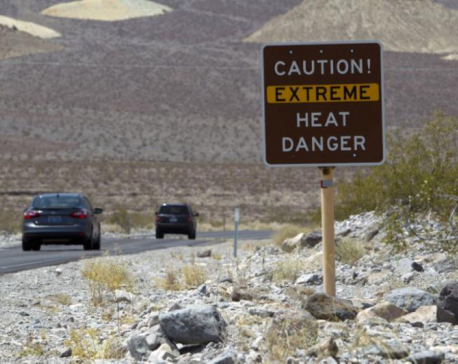
California's Death Valley to reach a searing 53 Celsius
LOS ANGELES, June 20: In Death Valley in eastern California and in the town of Needles near the Arizona border, temperatures... Read More...
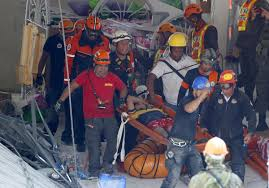
Quake kills at least 11, 24 missing in northern Philippines
PORAC, April 23: Rescuers found more bodies overnight in the rubble of a supermarket that crashed down in a powerful... Read More...
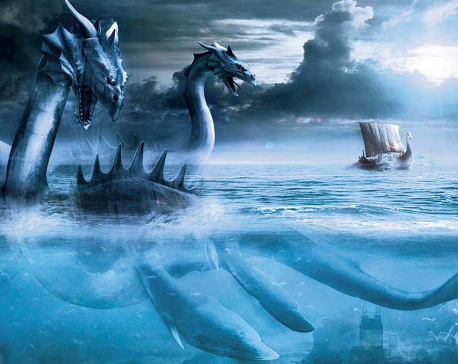
Life
Life’ is a sea born monster Its teeth are long and sharp Somewhere in the distant shore A mermaid plays... Read More...

Just In
- Finance ministry approves SEBON’s proposal to reduce stockbrokers’ commissions
- Embassy of Nepal in Islamabad urges Nepalis not to go to Kyrgyzstan illegally for foreign employment
- Nepal’s labor exodus drives Indian laborers to fill gaps in domestic factories
- India's BJP extends invitation to Nepal's key parties, including PM Dahal's, to observe Indian election campaign
- NSO estimates Nepal’s per capita income at US $ 1,456
- RSP calls Central Committee and Secretariat meeting
- Narayanghat-Butwal road reports 50 percent progress in over five years
- Minister Bhandari requests Chinese govt to facilitate Nepali exporters in customs and quarantine







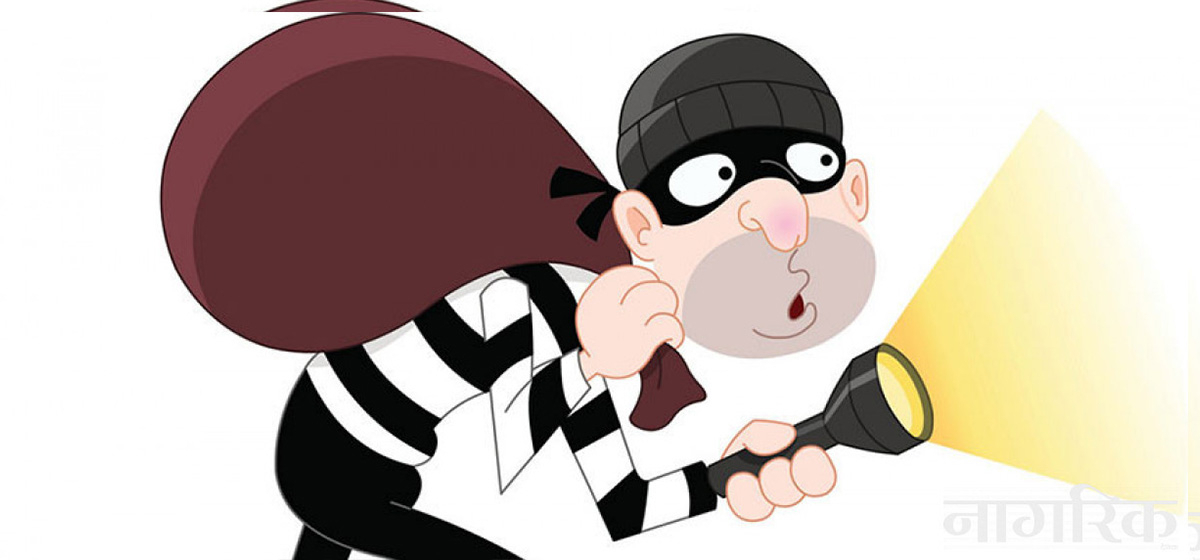

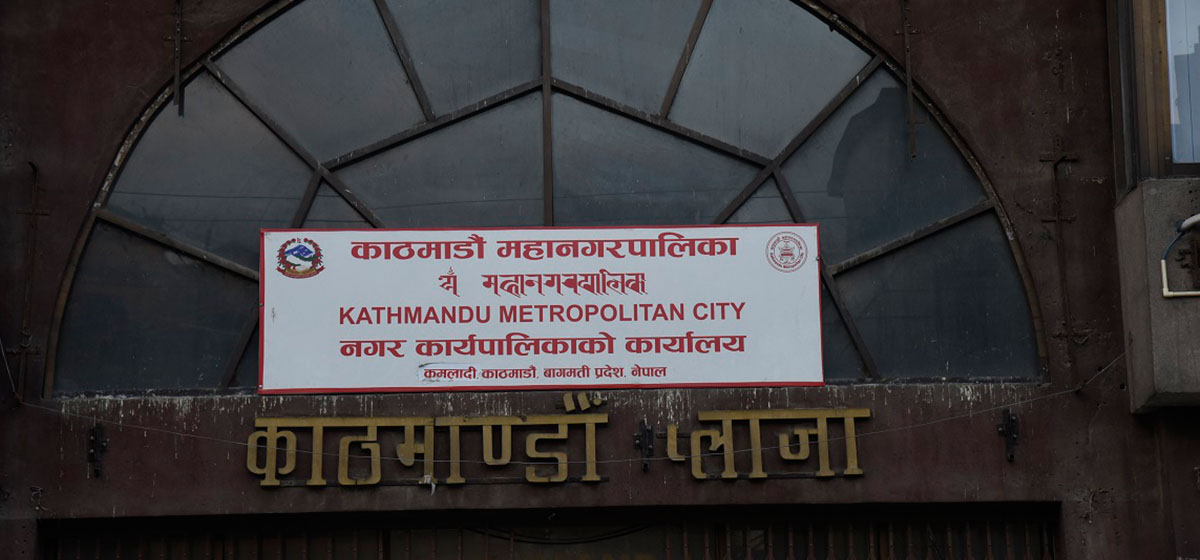
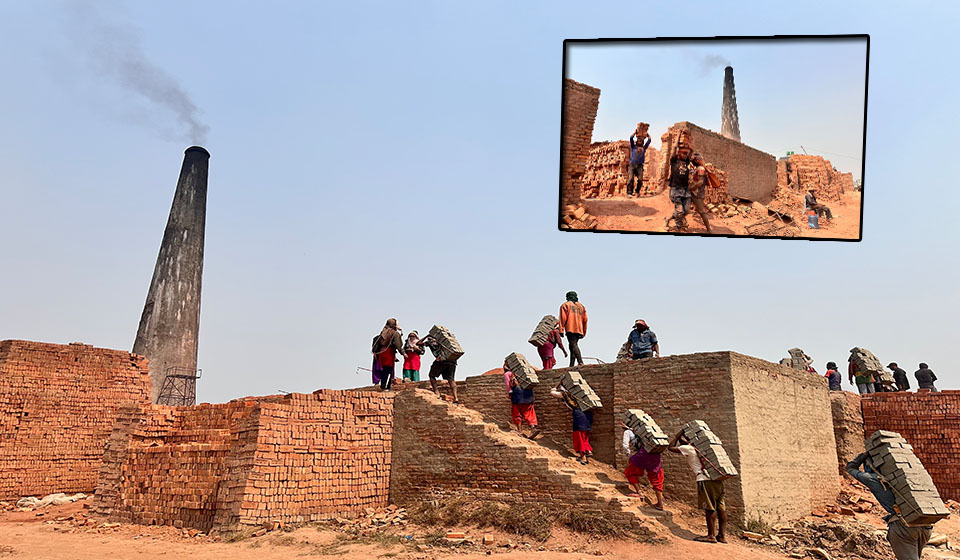
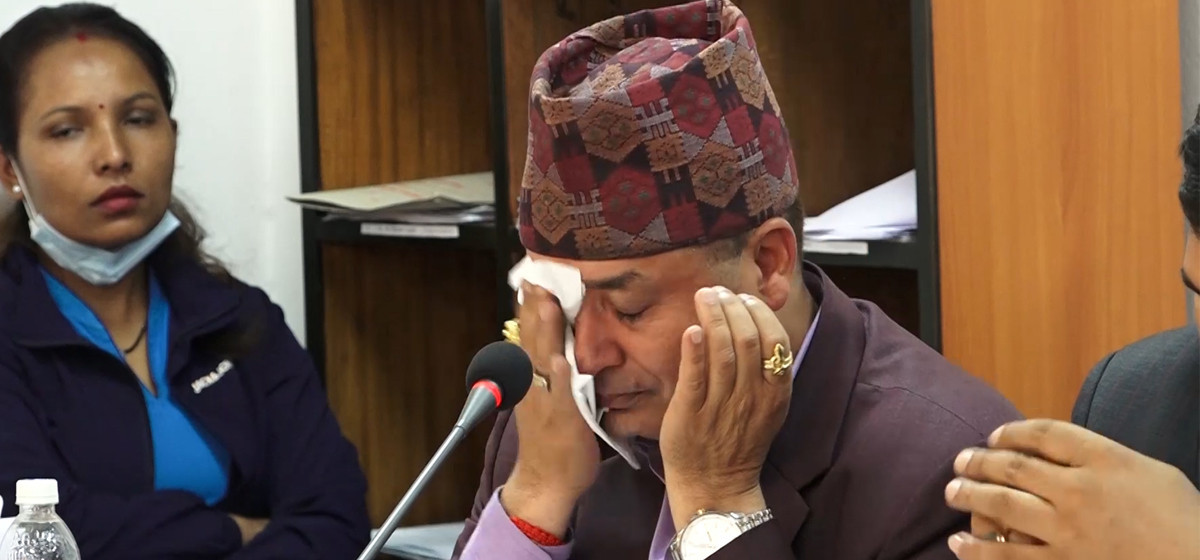
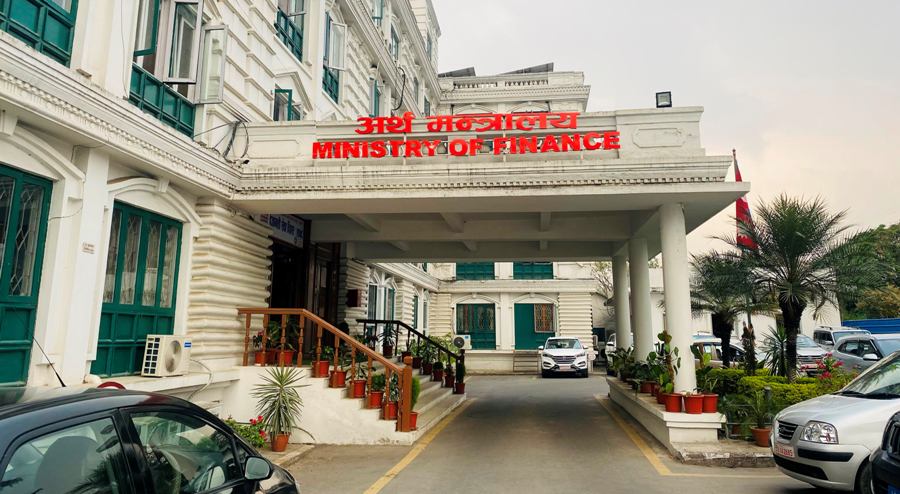

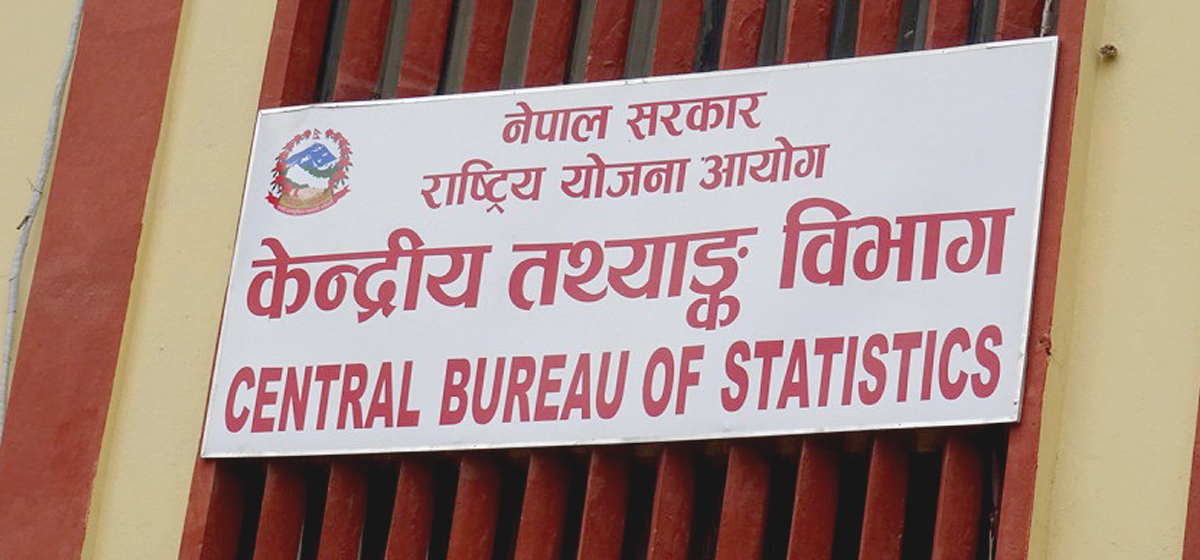
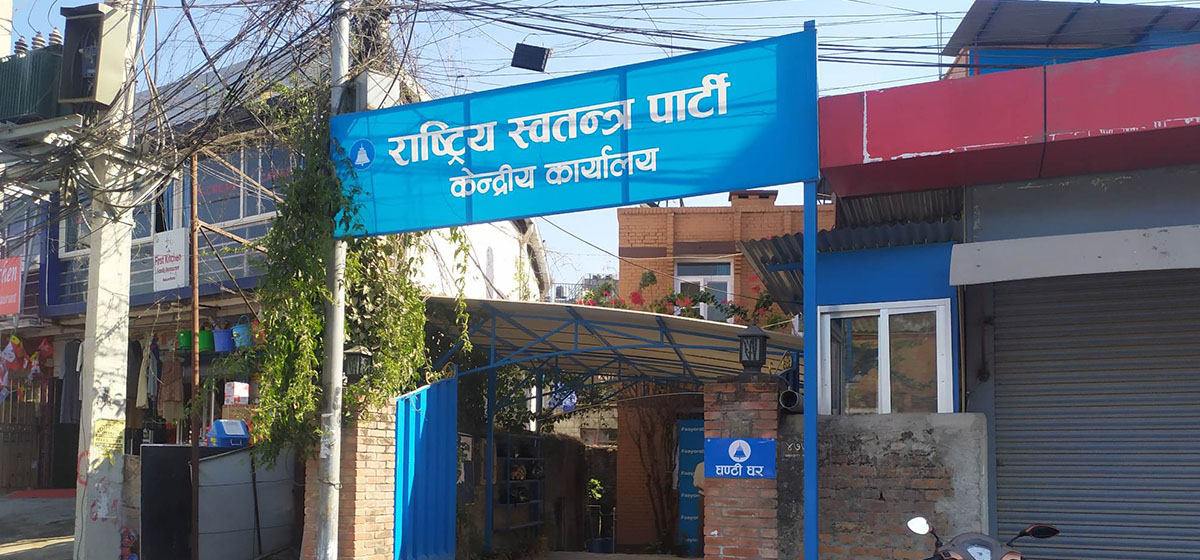
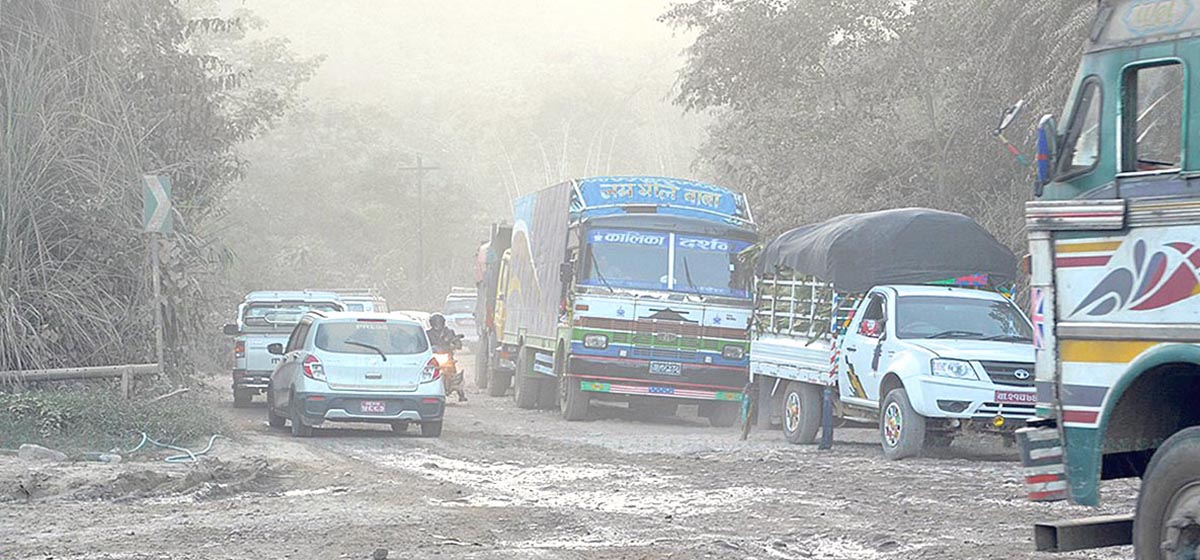
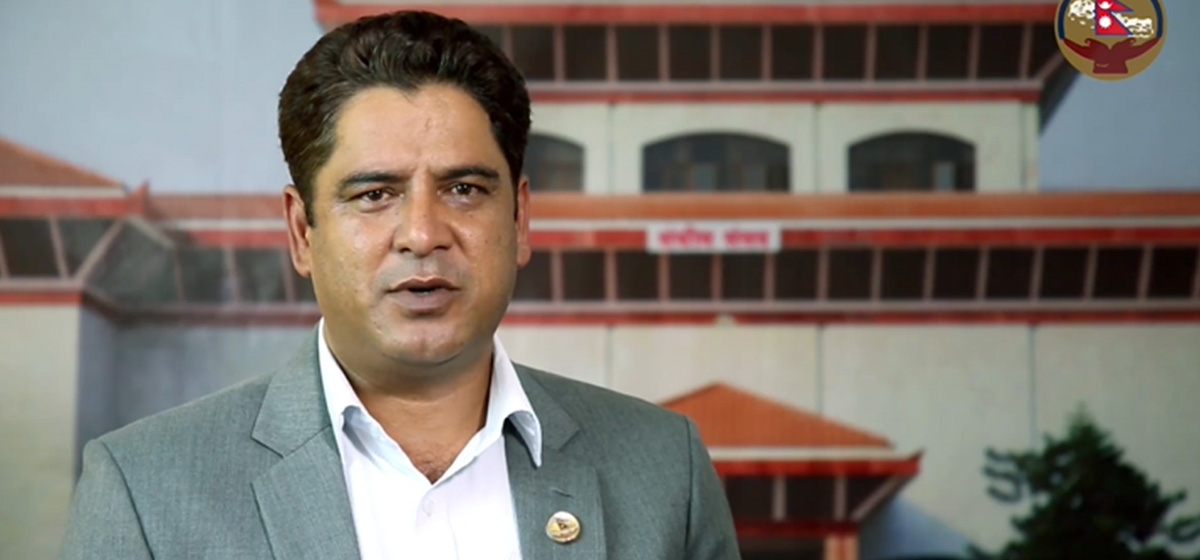
Leave A Comment